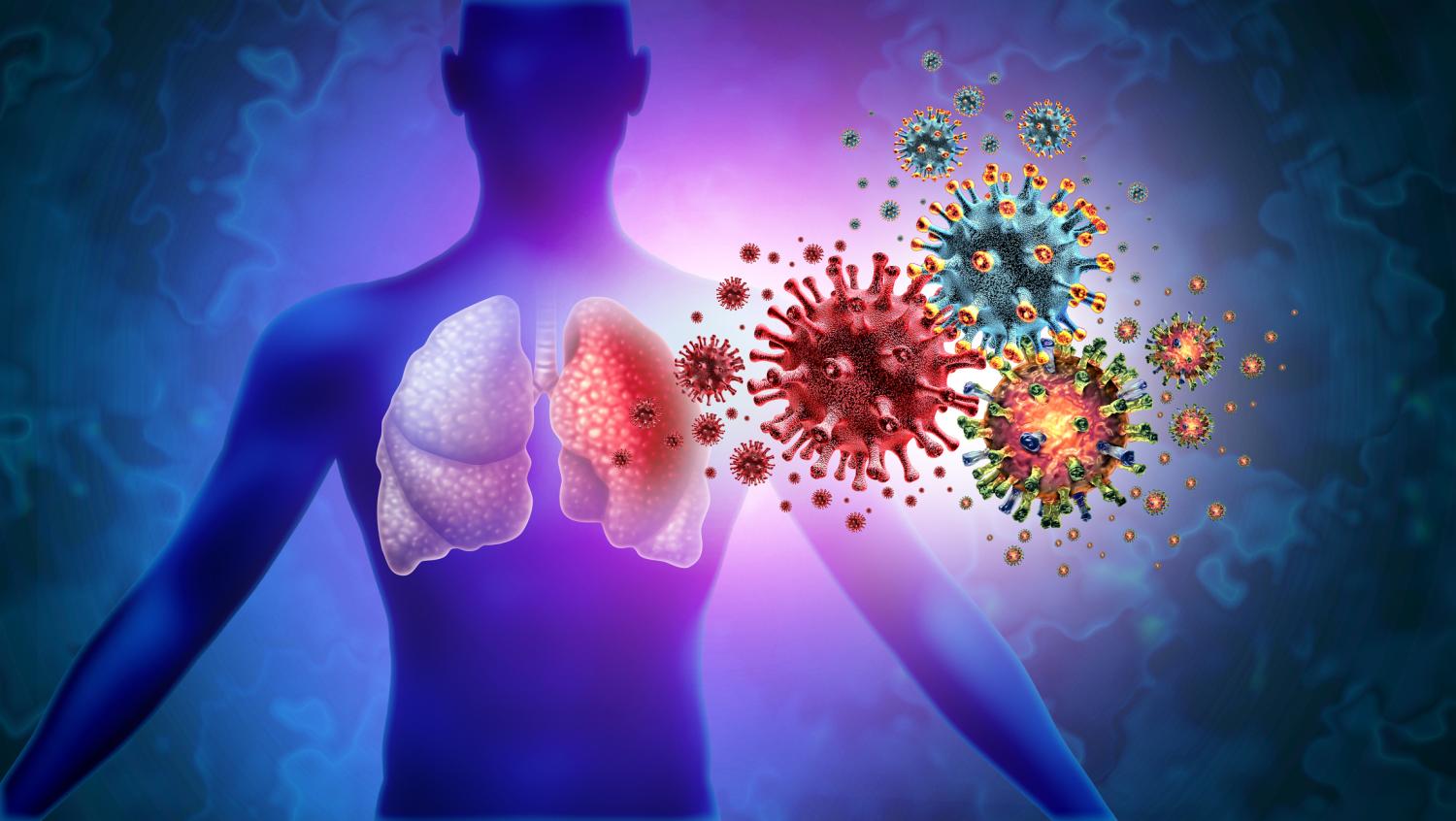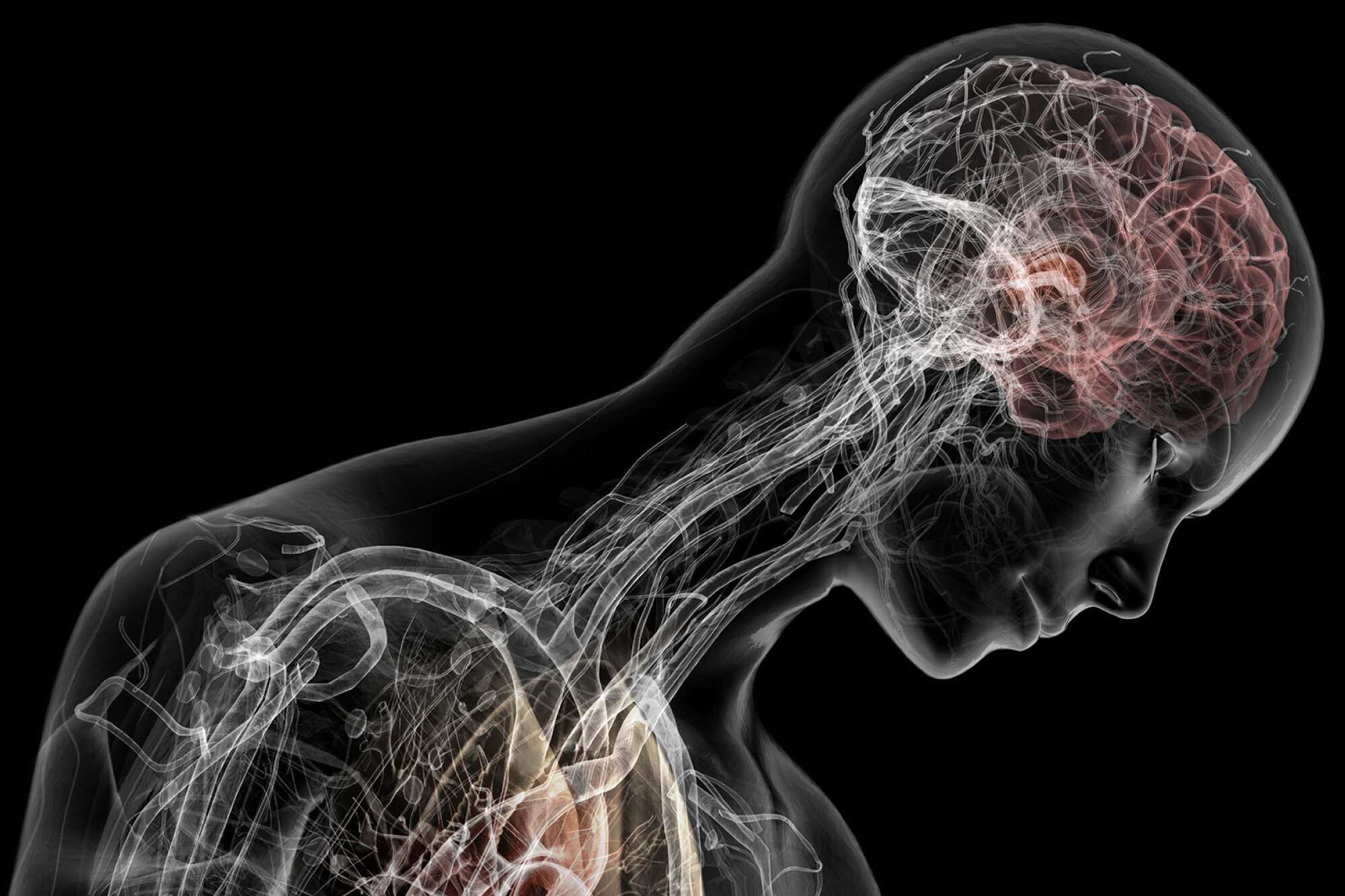Post Covid Autoimmune Disease: Latest Research on How to Best Treat Symptoms

Post Covid Autoimmune Disease: Latest Research on to How Best Treat Symptoms
The emergence of SARS-CoV-2 launched humanity into an unprecedented medical frontier. New and previously unseen DNA substrates catalyze complex autoimmune responses, leaving a constellation of persistent symptoms that challenge our understanding of immune function. This novel phenomenon forces us to reconceptualize how viral infections can fundamentally alter human biology.
A New Chapter in Autoimmune Understanding
The world medical community first recognized post-Covid autoimmune manifestations in late 2020, as recovered patients began exhibiting unusual inflammatory responses months after initial infection. These observations sparked intensive research efforts across multiple continents, revealing patterns that would reshape our understanding of viral-triggered autoimmunity.
Research data from major medical centers worldwide shows that approximately 30% of COVID-19 survivors develop some form of autoimmune response within 12 months of infection. These findings have garnered unprecedented collaboration between immunologists, neurologists, and sleep specialists to understand this complex condition.
The DNA Dance: Genetic Implications
Post-Covid autoimmunity presents unique genetic signatures that distinguish it from traditional autoimmune conditions. Advanced genomic studies reveal:
Epigenetic Modifications
The virus triggers lasting changes in gene expression patterns, particularly in immune regulation pathways. These modifications can persist long after the initial infection clears, creating a kind of immunological memory that may drive ongoing inflammation.
Genetic Vulnerability Markers
Researchers have identified genetic variants that may predispose individuals to post-COVID autoimmune responses. Dr.Alex H. Kral, a leading geneticist at RTI International, explains, “We’re seeing patterns of genetic vulnerability that help explain why some individuals develop these persistent symptoms while others recover completely.”
The Neuro-inflammatory Cascade
Perhaps most concerning is the virus’s impact on neurological function. Advanced neuroimaging reveals distinct patterns of inflammation throughout the central nervous system:
Brain Tissue Changes
- Microglial activation in key regulatory regions
- Altered blood-brain barrier permeability
- Persistent neuroinflammatory markers
- Disrupted neurotransmitter signaling
Dr. Hector Bonilla, neuroimmunologist at Stanford’s Long Covid Center, notes: “The neuroinflammatory patterns we’re seeing suggest a profound disruption of normal immune regulation in the central nervous system. This disruption appears to create a self-perpetuating cycle of inflammation and dysfunction.”
The Sleep Connection
Among the most debilitating aspects of post-Covid autoimmune disease is its impact on sleep architecture. Studies indicate that up to 78% of affected individuals experience significant sleep disruption, characterized by:
- Fragmented sleep patterns
- Reduced slow-wave sleep
- Alpha wave intrusion
- Disrupted circadian rhythms
- Chronic sleep-onset insomnia
This disruption creates a vicious cycle, as poor sleep quality further compromises immune function and exacerbates inflammatory responses. Sleep specialist researchers focusing on post-viral conditions explain: “The relationship between sleep disruption and immune dysfunction becomes self-reinforcing, making traditional interventions less effective.”
The Sleep Recovery Solution
The Sleep Recovery Program offers a sophisticated approach to addressing both the neurological and immunological aspects of post-Covid autoimmune disease through targeted neurofeedback protocols:
Amplitude-Based Neurofeedback for Cortical Stabilization This advanced approach focuses on normalizing irregular EEG patterns in the neocortex, helping to:
- EEG training to reduce neuroinflammation
- Stabilize sleep architecture
- Improve cognitive function
- Normalization of SWS to baseline levels
The process typically begins with detailed EEG mapping to identify specific areas of dysregulation. Treatment protocols are then customized to address individual patterns of disruption, with particular attention to areas showing heightened inflammatory markers.
Alpha-Theta Training for Trauma Resolution
Many post-Covid autoimmune patients carry both physical and emotional trauma from their experience. Alpha-theta neurofeedback provides a unique approach to addressing this aspect of recovery:
- Facilitates emotional processing
- Reduces anxiety responses
- Improves sleep quality
- Supports immune regulation
Program Implementation
The Sleep Recovery Program’s approach to post-Covid autoimmune disease typically follows a carefully structured protocol:
Phase 1: Assessment and Stabilization
- Comprehensive EEG mapping
- Inflammatory marker evaluation
- Sleep pattern analysis
- Customized protocol development
Phase 2: Global EEG Neurofeedback
- Regular amplitude-based sessions
- Monitored progress tracking
- Protocol adjustments as needed
- Integration with existing medical care
Phase 3: Alpha-Theta Integration
- Trauma-focused sessions
- Emotional processing support
- Anxiety reduction protocols
- Sleep architecture restoration
Success Metrics and Outcomes
Current data from program participants shows promising results:
- 72% report significant sleep improvement
- 68% experience reduced inflammatory markers
- 64% show normalized EEG patterns
- 70% report improved quality of life
Research Implications
The success of neurofeedback in addressing post-Covid autoimmune symptoms offers valuable insights into the relationship between neurological function and immune regulation. Dr. Alex H. Kral notes: “These results suggest that targeting brain wave patterns may provide a crucial key to managing autoimmune conditions more broadly.”
Looking Forward
As our understanding of post-Covid autoimmune disease continues to evolve, the role of sleep regulation in recovery becomes increasingly apparent. The Sleep Recovery Program’s approach represents a promising frontier in addressing this complex condition, offering hope to those struggling with its persistent effects.
For individuals facing the challenges of post-Covid autoimmune disease, this integrated approach provides a path forward that addresses both the neurological and immunological aspects of their condition. While each person’s journey to recovery may follow a unique trajectory, the combination of advanced neurofeedback techniques with compassionate support offers a foundation for sustainable improvement.
Remember that recovery from post-Covid autoimmune disease often requires patience and persistence. The changes in brain function and immune regulation occurred over time, and their resolution similarly requires a committed approach to healing. However, even in long-standing cases, significant improvement remains possible with appropriate support and intervention.
Through continued research and refinement of treatment approaches, we are moving closer to understanding and effectively addressing the complex challenges of post-COVID autoimmune disease. The journey to recovery may be complex, but it need not be walked alone.
References:
- NIH adds funds to long COVID-19 research, advances work on new clinical trials. https://www.nih.gov/about-nih/who-we-are/nih-director/statements/nih-adds-funds-long-covid-19-research-advances-work-new-clinical-trials
-
Long COVID: What have we learned? https://health.ucdavis.edu/news/headlines/long-covid-what-have-we-learned/2024/10
-
Listening to Patients: Improving Care for Long COVID and Other Conditions.
- The therapeutic potential of non-invasive brain stimulation for the treatment of Long-COVID-related cognitive fatigue.
-
Harnessing Brainwave Entrainment: A Non-invasive Strategy To Alleviate Neurological Disorder Symptoms. https://www.sciencedirect.com/science/article/abs/pii/S1568163724003659

